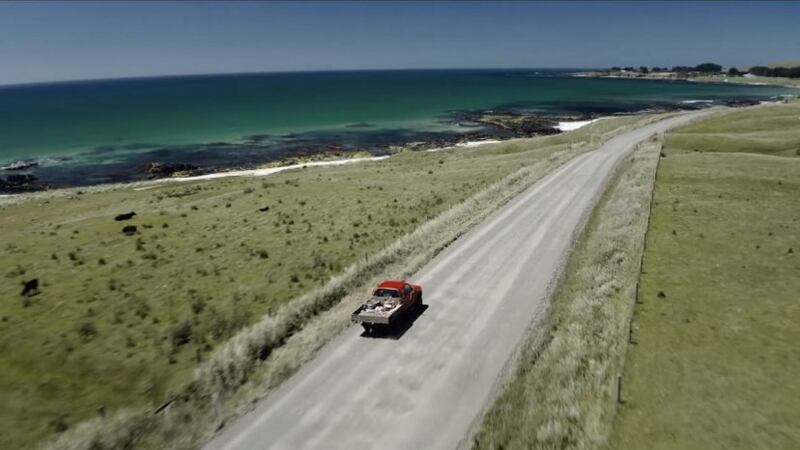The past, present and future of an isolated community on New Zealand’s remotest island is the subject of a seven-part documentary series premiering on Māori Television on Monday, 11 October at 8.00pm.
Chatham Islanders: Tchakat Tchatam Airani is a rare insight into life for the 600-strong population which co-exists on the far-flung archipelago in the middle of the ocean.
Director, producer and writer Kathleen Mantel from Black Iris Productions says the series is about “community, history, isolation, connection and making it through the tough times – it’s a land of plenty, stunningly beautiful … with a dark past and a misrepresented history.”
The Moriori people are the waina pono (original inhabitants), calling their new home Rēkohu (misty sun) on arrival from East Polynesia some 800 to 1000 years ago.
Loss of life, liberty, land and language ensued once contact with the outside world began in 1791.
The Moriori Claims Settlement Bill, now before Parliament, records the Crown’s apology to Moriori, as well as cultural and commercial redress.
“This is an exciting time for the island,” says Mantel. “It’s on a path to reclaim its own story and mana after having its history incorrectly written and taught in schools for many years.
“The sun shines on the shores of Rēkohu before any other inhabited place in the world, and the Moriori are moving out of the mist and the darkness and into the light.”
Chief negotiator for the Moriori Treaty of Waitangi settlement, indigenous rights advocate and barrister Māui Solomon, says the truth must be told – the Crown actively suppressed Moriori history for 150 years.
“The myth that Aotearoa was once home to Moriori who were primitive, inferior folk and were completely wiped out by Māori was very convenient for colonists to keep alive, says Solomon:
“Because if Māori could push out Moriori, it was fine for Europeans to push out Māori.”
Today, 60 per cent of the Rēkohu population identify as Māori with many whānau affiliated to both Māori and Moriori.
For most Chatham Islanders, the day to day challenges of living on such a remote and seasonally challenging place – 45 minutes ahead and about 800 kilometres east of New Zealand – is all about the here and now.
Like many on the island, 13-year-old Blaze is Moriori, Ngāti Mutunga and Pākehā. She is the face of the future – strong, smart and proud of who she is and where she is going.
Lois Croon (Ngāti Mutunga), husband Val and their whānau are well-known: Val Junior is a fisherman, Simone owns the general store, Toni owns the hotel and Monique is the island’s first female mayor.
Fisherman Darrell Fraser is not looking forward to his son Brodie heading to the mainland but it is inevitable. With no high school, most leave the island to go to boarding school.
Katrina Nilsson (Ngāti Mutunga) is an eighth-generation Chatham Islander. After high school and many years living in Sydney, Katrina and her young family have relocated back to the island.
Tom Lanauze (Moriori, Ngāti Mutunga) is a proud advocate for the revitalisation of Moriori culture and wants to pass on his knowledge to mokopuna Zion.
Chef Jacqui Lanauze (Ngāti Mutunga) spent years travelling the world but was prompted to return when Covid-19 hit. She has since fallen in love with the boy she first kissed on the island.
Rēkohu to the Moriori, Wharekauri to the Māori and renamed Chatham Islands by the Europeans: Chatham Islanders: Tchakat Tchatam Airani premieres on Māori Television on Monday 11 October at 8.00pm and shortly after OnDemand.

